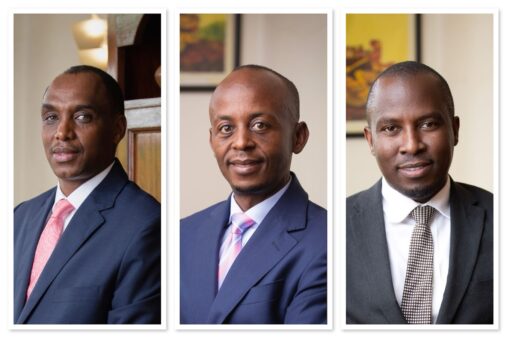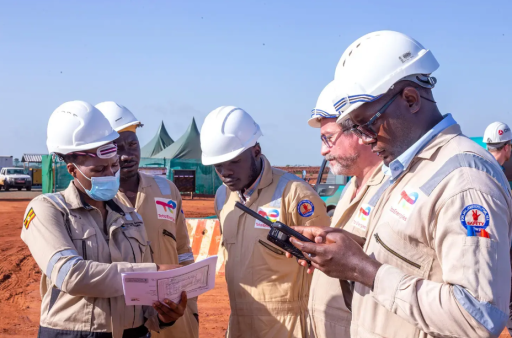In April 2024, Ms. Crystal Kabajwara made history as the first female Chairperson of Uganda’s Tax Appeals Tribunal (TAT). Her appointment marked a defining moment for the institution, which has served as the country’s primary body for resolving tax disputes over the past 25 years. Since then, under her leadership, TAT has implemented significant reforms that have enhanced its efficiency, accessibility, and communication with stakeholders.
TAT holds a constitutional mandate to resolve disputes between the Uganda Revenue Authority (URA) and taxpayers. As the court of first instance for all tax-related matters, it ensures that the Tribunal addresses cases before any higher court involvement. “We encourage roundtable conversations and reserve litigation for complex cases or matters of legal interpretation,” says Kabajwara. This informal approach allows taxpayers to represent themselves while ensuring those who do so receive adequate guidance throughout the process.
TAT’s independence is safeguarded through the TAT Act, which ensures that the Tribunal is not subject to any external influence. Kabajwara stressed, “We guard this jealously,” underlining the Tribunal’s unwavering commitment to impartiality.
Additionally, TAT enforces a zero-tolerance policy toward bribery, and each case is heard by a panel of three members, allowing for dissenting opinions when necessary. To further enhance transparency, TAT plans to introduce livestreaming of its proceedings, allowing the public to follow the Tribunal’s work in real-time and fostering greater accountability for all parties involved.
TAT: A Fully Constituted Multidisciplinary Team
Ms. Crystal Kabajwara is a seasoned tax expert with over 17 years of experience, specialising in international tax and transfer pricing. Before her appointment as Chairperson of the Tax Appeals Tribunal, she had a highly successful career at PwC Uganda, where she rose through the ranks to become Director of Tax Services. Kabajwara also established and led the firm’s international tax and transfer pricing practice. Throughout her career, she has built a reputation as a thought leader in tax law, working both in Uganda and the UK. Kabajwara is an advocate of the High Court of Uganda and holds a Bachelor of Laws from Makerere University and a Master of Laws in Taxation from the London School of Economics and Political Science.
Her move from private sector consulting to the public sector was driven by a desire to make a broader societal impact. Reflecting on her career, Kabajwara said, “A time comes in one’s career when you begin to think beyond personal pursuits. The pandemic made me reflect on what more I could do. When the opportunity to join the Tribunal arose, I saw it as a chance to serve and make a difference”.
The Tribunal was fully constituted on 1 July 2024, with all nine positions filled, significantly enhancing our capacity to conduct multiple sessions concurrently. This development has significantly enhanced the Tribunal’s capacity to conduct multiple sessions concurrently, resulting in more efficient case handling. Chaired by Crystal, the Tribunal comprises eight highly skilled members with diverse backgrounds in tax, law, finance, accounting, business, governance, and engineering. This diverse makeup reflects Uganda’s varied taxpayer base across industries such as manufacturing, energy, telecommunications, banking, finance, and services.
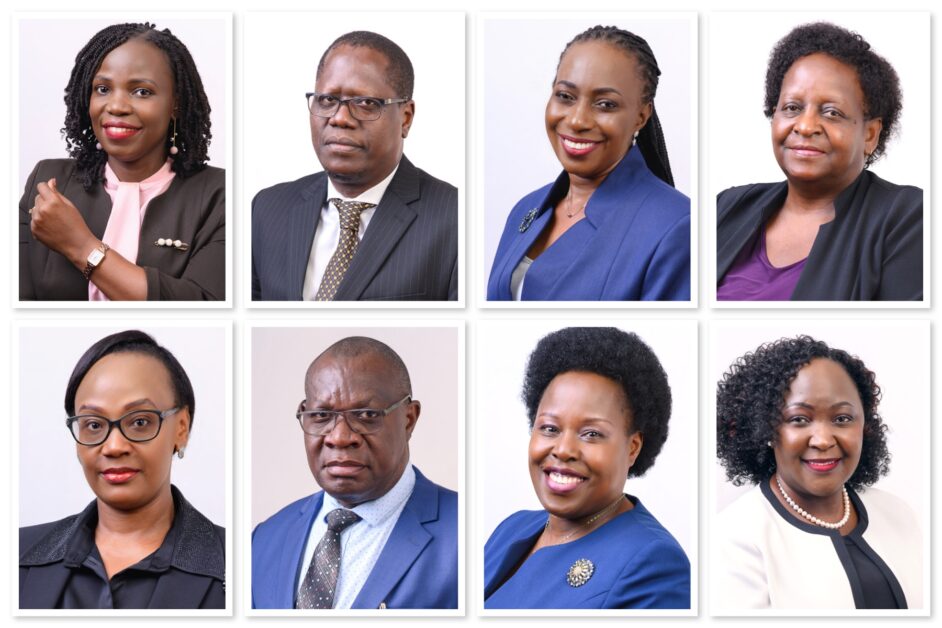
Among the new appointments to the Tax Appeals Tribunal (TAT) in July 2024 were Ms. Proscovia Rebecca Nambi, a seasoned tax practitioner and co-founder of Ortus Advocates, who brings over 21 years of expertise in tax law, and Mrs. Stella Nyapendi Chombo, a veteran lawyer and tax expert with more than 18 years of experience, having served in key roles at the Uganda Revenue Authority (URA).
They were joined by Mrs. Christine Katwe, an authority in tax policy; Mr. Siraj Ali, a specialist in commercial litigation; and Mr. Nangosyah Wamaleero Clement Willy, an engineer with vast experience in infrastructure development. Also on the panel are Ms. Safi Grace, a versatile finance and administration professional with over 13 years of experience spanning tax planning, financial strategy, and investment management; Ms. Rosemary Najjemba, whose career spans both public policy and revenue advisory; and Hon. Kabakumba Masiko, a former cabinet minister and accomplished legislator with deep insights into public administration and governance.
Collectively, this diverse and accomplished team of Tribunal members reinforces TAT’s capacity to remain agile and responsive to Uganda’s evolving tax and economic landscape.
But how have these changes been received by those who interact with the Tribunal regularly?
Expedited Rulings and Case Turnaround
A notable achievement under Kabajwara’s leadership has been the significant reduction in case turnaround times. The Tribunal now aims to resolve disputes within nine months from filing, a significant improvement in efficiency. Bruce Musinguzi, a tax expert at Kampala Associated Advocates, observed, “Scheduling is now geared towards resolving the actual dispute, not just ticking the box”. This improvement has been particularly impactful in handling the growing volume of cases, with the Tribunal issuing at least three rulings per week, a notable increase in productivity compared to previous years.
Cephas Birungyi, the Founding Managing Partner of Birungyi, Barata & Associates, also lauded the improvements, stating, “The current Tribunal is a real breath of fresh air. It currently handles about 60 matters a week, compared to the previous one, which did about a quarter of that”. The introduction of additional tribunal panels and the operationalisation of a second courtroom have enabled the Tribunal to hold 80 sessions a week, significantly increasing its capacity to address the rising number of cases.
As a result of these changes, the Tribunal has successfully reduced adjournments, ensuring that hearings are not delayed beyond one month. This has been widely praised by stakeholders. Godfrey Akena, the Founding Managing Partner of Godena Associates, remarked, “Case turnaround has improved as hearings are not adjourned past one month, and rulings are issued after a shorter period of time”. This reduction in adjournments, coupled with more frequent hearings, has helped address the Tribunal’s growing caseload.
For many stakeholders, including those in the legal and corporate sectors, the expedited handling of cases is a significant improvement. A tax expert from one of the Big Four audit firms, who requested to remain anonymous because he is not authorised to speak for the company, echoed similar sentiments. “The Tribunal now holds the Uganda Revenue Authority (URA) officers accountable. This has ensured better attendance at TAT sessions and more timely feedback, especially concerning mediation outcomes”.
They further remarked on the reduction in adjournments, which now require proper justification, contributing to smoother proceedings.
A Focus on Mediation
Another significant change under Kabajwara’s leadership has been the restructuring of the mediation process. The Tribunal has shifted from a passive approach to mediation to one that is more proactive and integral to the dispute resolution process.
Akena, praised the improvements in mediation, stating, “The mediation process is now highly effective. It facilitates constructive dialogue, enables early dispute resolution, and helps parties understand each other’s positions better”. This shift has resulted in approximately 70% of cases being resolved through mediation, significantly reducing the Tribunal’s backlog. As Andrew Kyambadde, a Partner at Godena Associates, noted, “Because the mediators hold both parties accountable, the mediations have been meaningful, and we’ve concluded most of our cases through this process”.
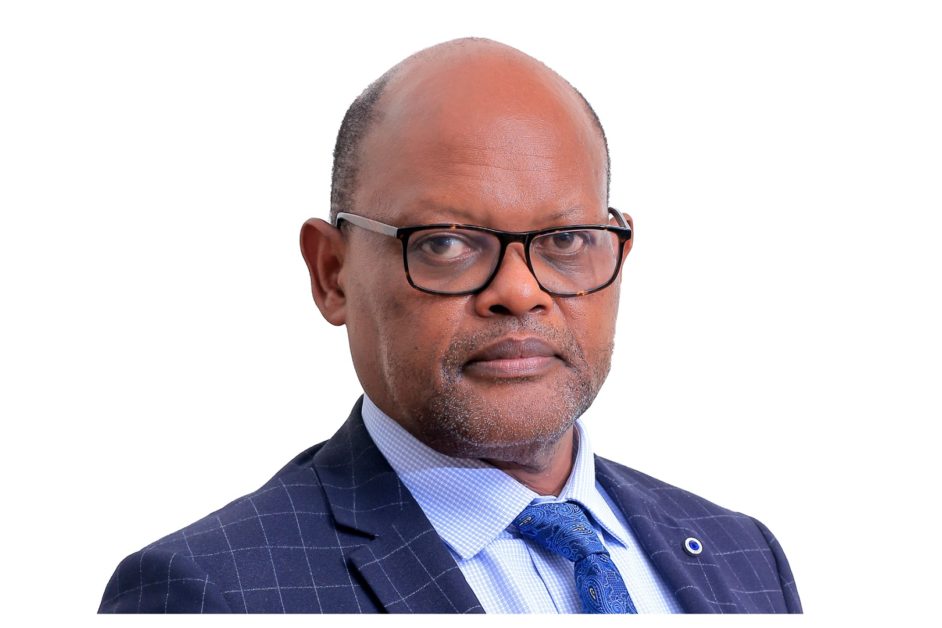
Tonny Kalungi, Manager of Appeals Litigation at URA, also highlighted the benefits of mediation: “It helps reconcile issues that should not proceed to hearing,” he said. The focus on mediation has not only improved case resolution but has also built a collaborative relationship between the URA and taxpayers, contributing to a more efficient tax dispute resolution system.
Enhanced Transparency and Communication
Transparency has been another focal point for the Tribunal, with Kabajwara’s leadership introducing significant improvements. Akena commended the Tribunal for its clear communication through multiple platforms, including email, the website, WhatsApp, and social media. “The Tribunal now communicates more clearly through various platforms, which keeps users informed,” he stated. This improvement in communication has made the Tribunal’s operations more transparent and accessible, particularly to stakeholders who previously struggled to receive timely updates on case progress.
However, Kabajwara recognises that there is still room for improvement, particularly in digital transformation, such as e-filing systems and more comprehensive case tracking. “Investments in technology, such as an e-filing and case management system, will help alleviate some of the operational inefficiencies we face,” she told CEO East Africa Magazine.
Challenges and Areas for Further Improvement
Despite these improvements, the Tribunal continues to face ongoing challenges, particularly in response to the increasing demand for its services. Kabajwara highlighted that new applications surged by 80% from 219 in 2023 to 400 in 2024. This increase has exacerbated the Tribunal’s backlog, with 467 disputes valued at UGX 1.2 trillion still pending resolution.
Cephas Birungyi notes the strain this surge is placing on the Tribunal, stating, “It’s starting to feel the normal stress of backlog due to so much overload, but the team is doing a good job”.
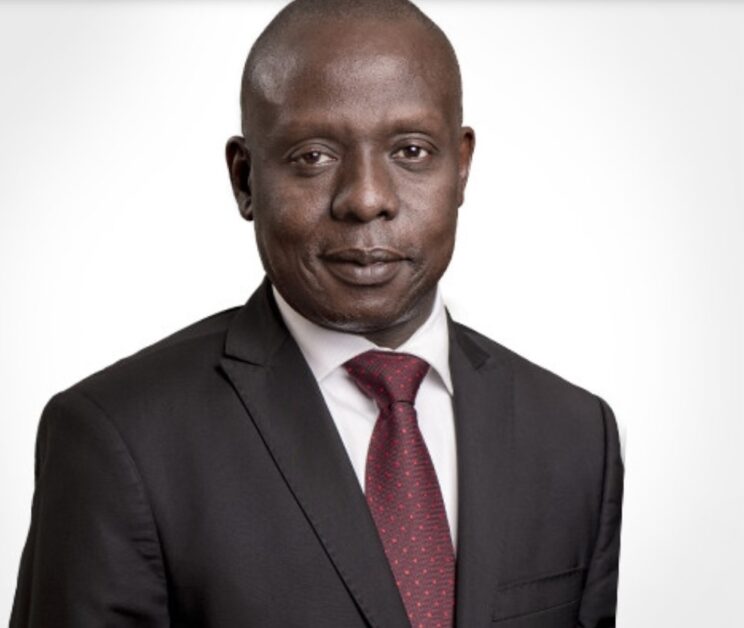
To address these challenges, Kabajwara has prioritised improving operational efficiency and capacity. “We’ve operationalised a second courtroom, which has helped us double our weekly sessions,” she said. However, Kabajwara recognises that staffing and resources remain a critical challenge. “We have staffing and resourcing gaps, particularly in legal researchers and research assistants, which pose a challenge in executing our mandate effectively,” she added.
Further improvements are also needed in the Tribunal’s digital transformation, as both stakeholders and Kabajwara have pointed out. “A proper digital transformation would involve allowing electronic filing of TAT matters and conducting hearings on Zoom”, Kalungi notes.
A Forward-Looking Tribunal
Looking ahead, Kabajwara’s leadership is focused on sustaining the reforms that have made the Tribunal more efficient and accessible. The Tribunal plans to implement electronic case filing and management systems to streamline its operations further. “Automation should feed into our systems, processes, and procedures to improve efficiency,” she said. Additionally, the Tribunal is exploring how artificial intelligence (AI) can assist with legal research and case analysis to reduce the time it takes to analyse legal precedents and draft decisions.
Public engagement is also a priority. Kabajwara has announced that the Tribunal will hold its first open day, providing an opportunity for the public to engage directly with the Tribunal and gain a better understanding of its operations. Similar events are planned for regional stations in Mbarara, Gulu, and Mbale. These initiatives are part of the Tribunal’s ongoing effort to enhance transparency and build trust with the public.
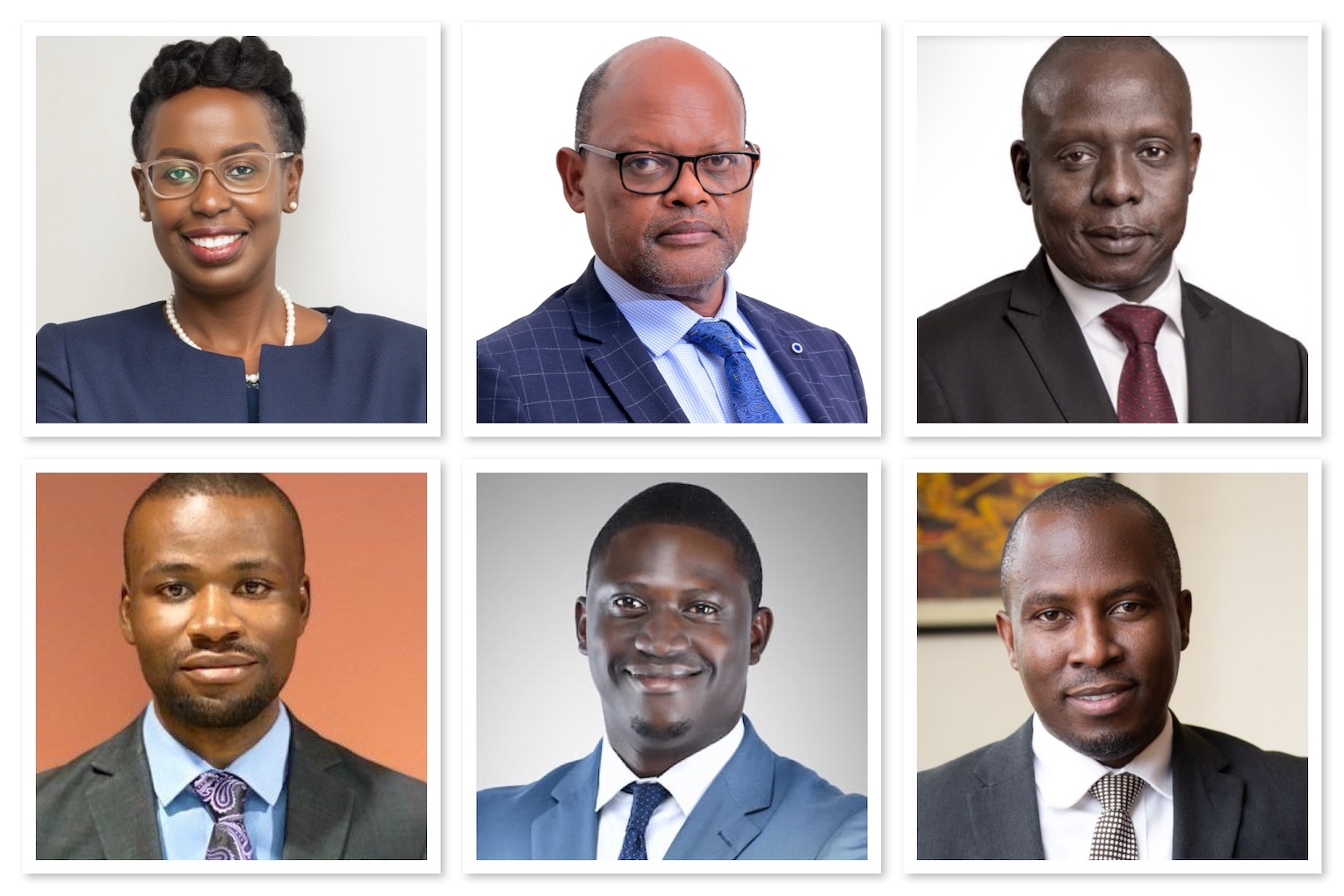
 Ruparelia Group Deepens Its Bet on Kampala With Phase Two of Kingdom Kampala Building
Ruparelia Group Deepens Its Bet on Kampala With Phase Two of Kingdom Kampala Building
